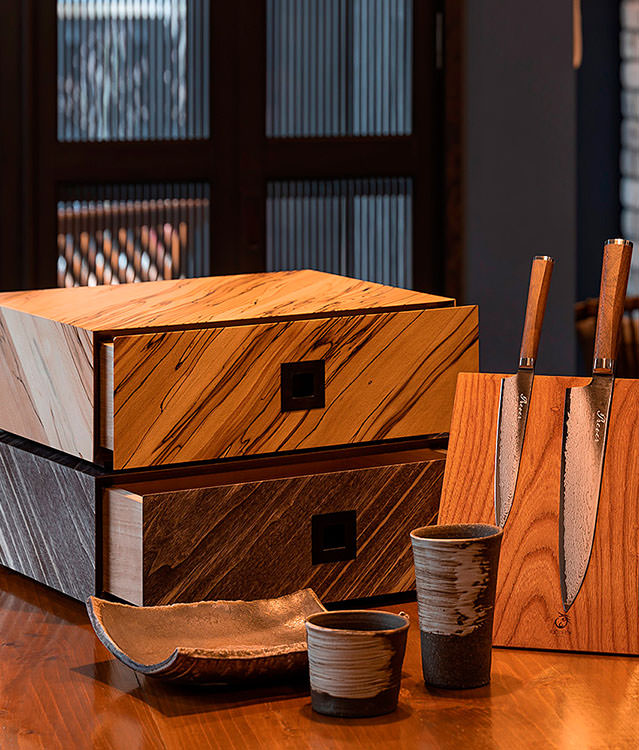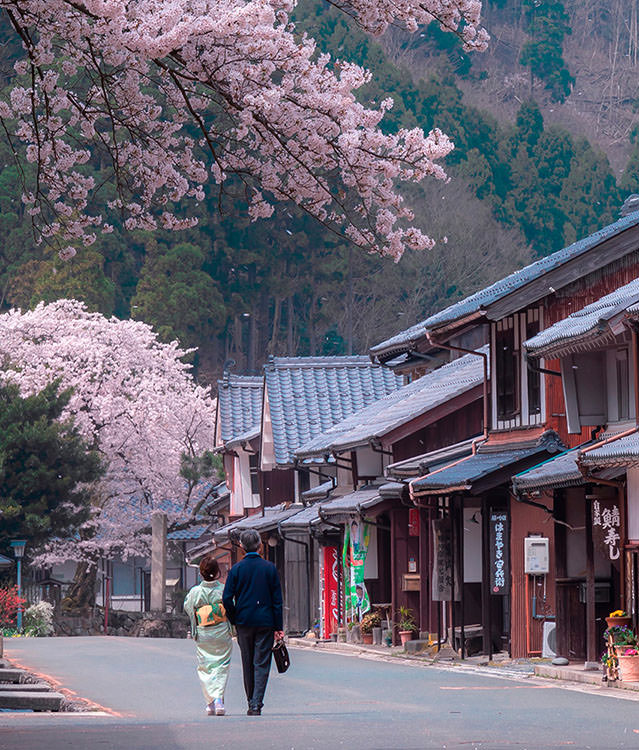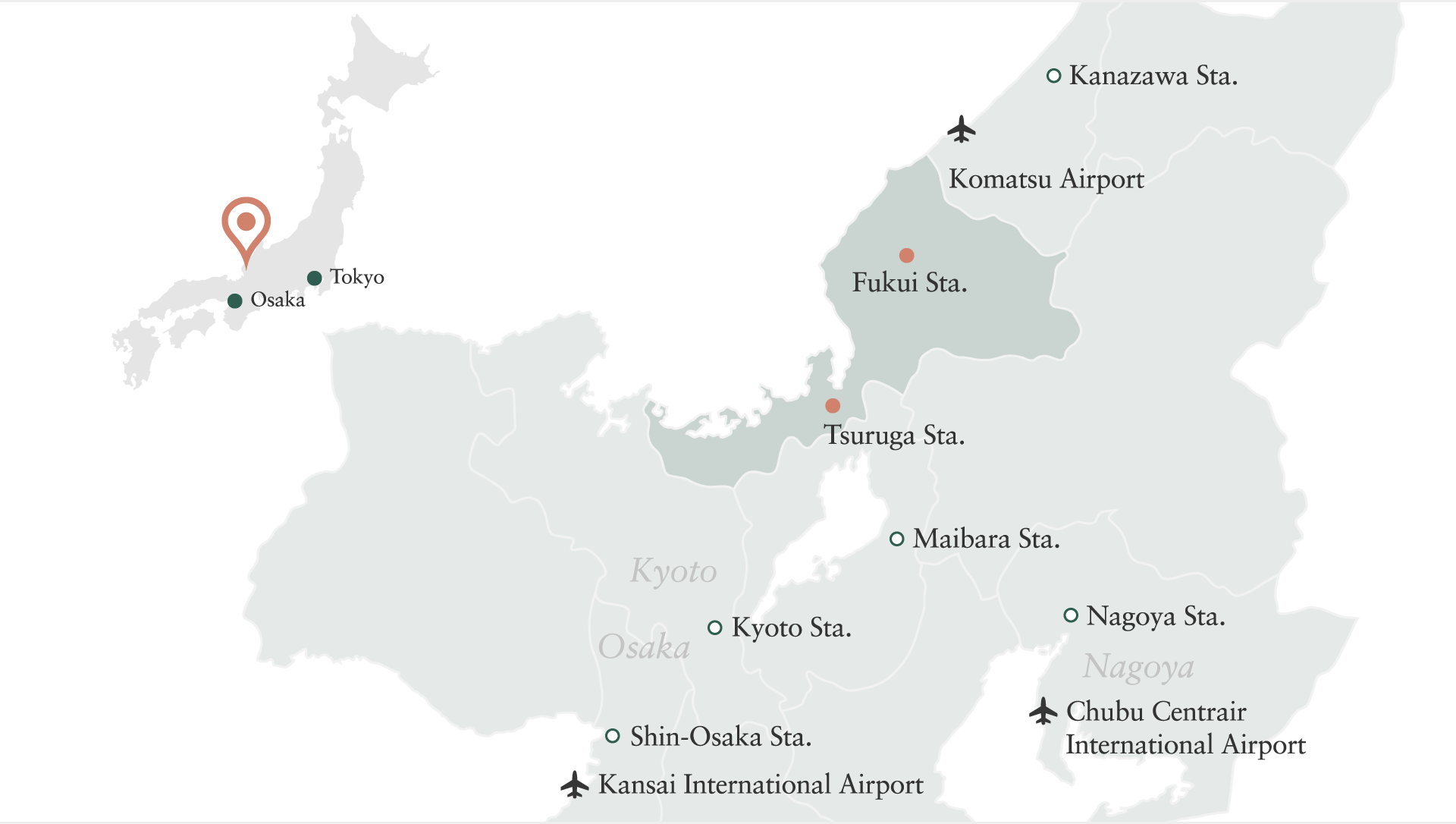



Fukui is full of unforgettable sights to see, fascinating history and traditions to explore, a deep religious culture to experience, and delicious food to try. Discover your own Fukui with our chat bot’s customized suggestions, whether you want to plan a quick day trip, or a weekend visit off the beaten path.

